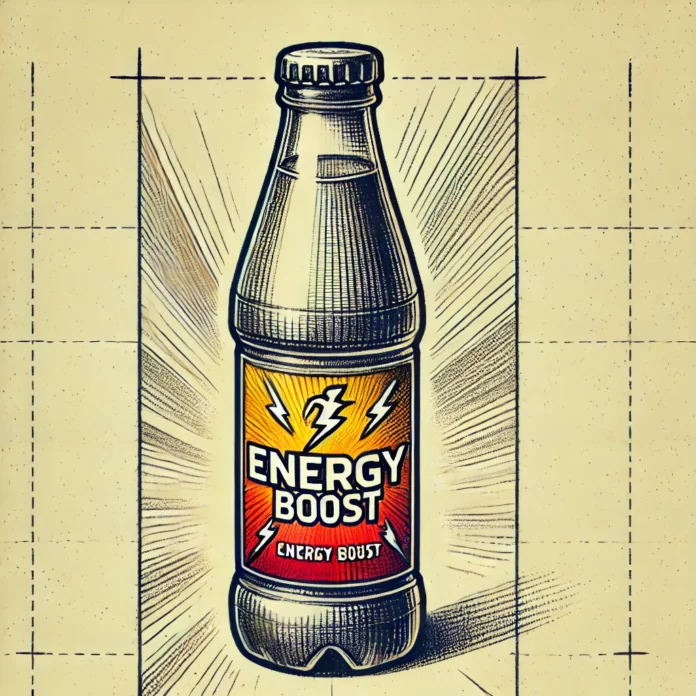Energy drinks have grown in popularity over the years, with new brands regularly popping up on store shelves and being promoted online.
And while they may be tempting to try, it’s best to use caution.
“As we are learning more about energy drinks, we are becoming much more aware about reports of patients who’ve experienced pretty serious side effects of energy drinks, in the form of stroke or even heart attack,” said Marc-Alain Babi, MD, neurocritical care pecialist for Cleveland Clinic.
“And part of it is contributed either to patient underlying risk factor, if the patient or individual has underlying cardiac or even prior stroke, but also probably related to the composition of the energy drink itself.” Dr. Babi said energy drinks are not regulated by the FDA, which means brands can add ingredients they want to the beverage.
And in many cases, that includes excessive amounts of stimulants, like caffeine, excess sugar and artificial sweeteners.
When a person consumes too much caffeine, it can put them at risk for dehydration, high blood pressure, increased heart rate, anxiety and insomnia.
He said since every brand uses a different blend of ingredients, it can be hard to determine how many energy drinks are safe to consume. However, the
daily recommended amount of caffeine for an adult is 400 milligrams, and for kids between the ages of 12 and 18, it’s 100 milligrams.“
While the rate of complication, what we see from energy drinks is fairly low, again, not everyone who consumes energy drinks will experience serious side effects, but when those serious side effects happen, it can have pretty serious long-term outcomes, such as stroke. Hence the recommendation to be extremely cautious,” noted Dr. Babi.
He also urges people to be cautious with over-the-counter body building and weight loss supplements.

